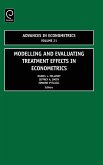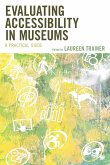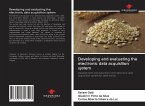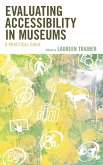Affirmative action is often touted as a tool for the reduction of long-term inequality. In this paper I assess its effect on human capital accumulation of disadvantaged minorities in Brazil, one of the world¿s most unequal societies. In theory, the presence of a quota system should have a positive effect on educational outcomes for high school and college aged minorities. Quotas may also induce more individuals to self-report as minorities. I estimate the effects of university quotas implemented in 8 Brazilian states between 2000 and 2007, exploiting variation in the location and timing of legislation implementation. In summary, I find a significant differential between the treatment effects on school entrance and current school enrollment, and argue that increased high school enrollment in treatment states¿coupled with tenuous systemic support¿led to increased dropouts. Results suggest affirmative action is a useful but insufficient tool in remedying social inequality.
Hinweis: Dieser Artikel kann nur an eine deutsche Lieferadresse ausgeliefert werden.
Hinweis: Dieser Artikel kann nur an eine deutsche Lieferadresse ausgeliefert werden.








